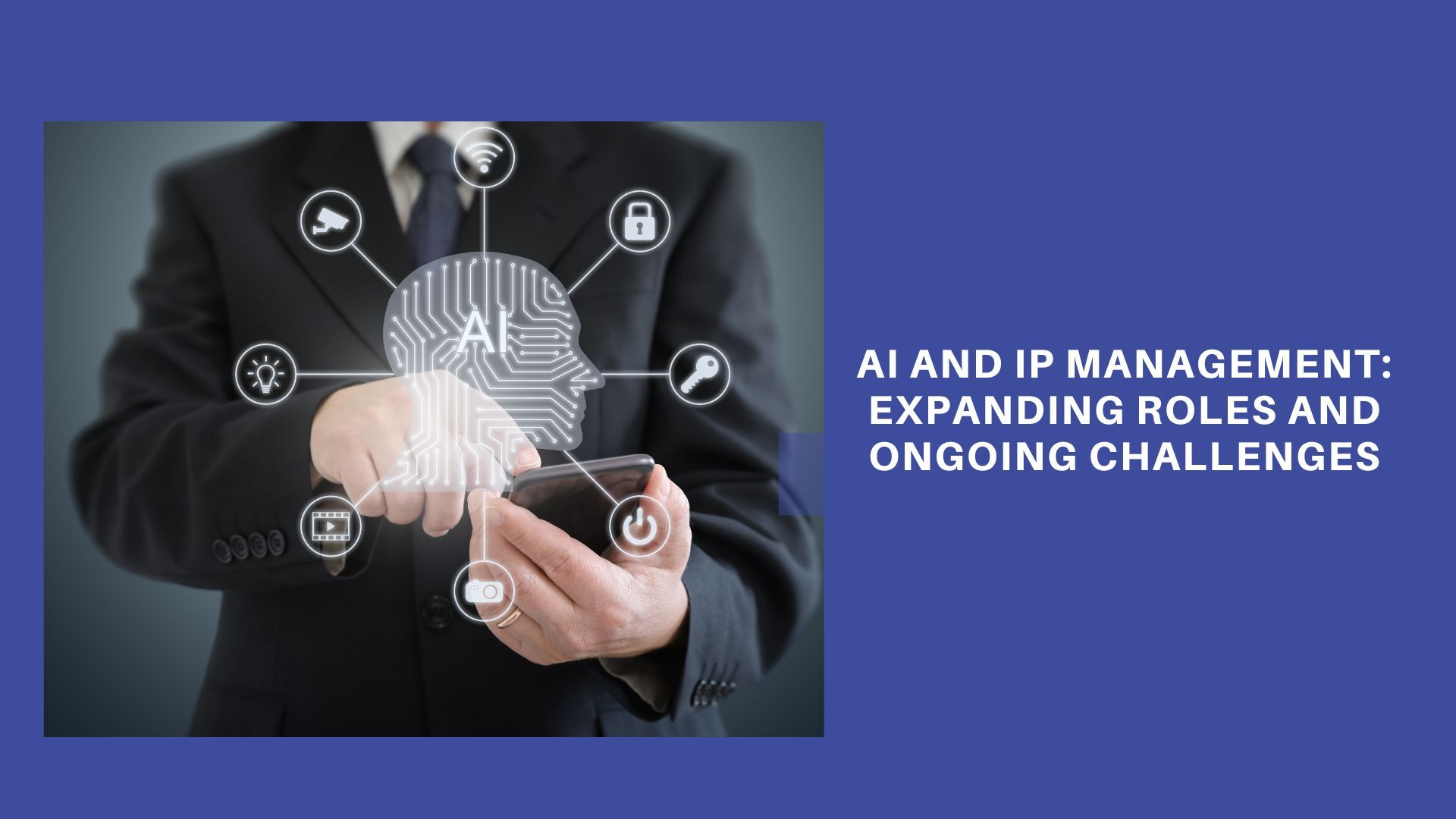AI and IP Management: Expanding Roles and Ongoing Challenges


The Growing Role of AI in IP Management
Artificial intelligence (AI) is increasingly being integrated into the management and enforcement of intellectual property (IP) rights. AI’s ability to process vast amounts of data swiftly and accurately makes it a valuable tool in this domain. From determining the protectability of copyrighted works to identifying potential infringements, AI is reshaping the landscape of IP management.
AI in Determining Copyright Protectability
One of the significant applications of AI in IP management is assessing the protectability of copyrighted works. AI algorithms can analyze new creations to determine whether they meet the criteria for copyright protection. This includes examining originality, creativity, and the presence of substantial similarity to existing works. By automating these assessments, AI can streamline the copyright registration process, making it faster and more efficient.
Identifying Potential Infringements with AI
AI also plays a crucial role in detecting potential copyright infringements. Advanced AI systems can scan the internet and other digital platforms to identify unauthorized uses of copyrighted material. These systems use sophisticated pattern recognition and machine learning techniques to compare newly uploaded content with existing copyrighted works. This helps rights holders quickly identify and address potential infringements, ensuring better protection of their IP.
Concerns About Bias and Accuracy
Despite its benefits, the use of AI in IP management is not without challenges. One of the primary concerns is bias. AI systems are only as good as the data they are trained on. If the training data contains biases, the AI’s decisions may also be biased. This can lead to unfair or inaccurate outcomes, such as wrongly denying copyright protection or failing to recognize genuine infringements.
Accuracy is another critical issue. While AI systems can process information rapidly, they are not infallible. Errors in AI judgments can have significant consequences, potentially leading to costly legal battles and disputes over IP rights. Ensuring that AI systems are accurate and reliable is essential for their effective deployment in IP management.
Balancing Innovation and Fairness
The integration of AI in IP management must strike a balance between leveraging technological innovation and ensuring fairness and accuracy. Policymakers and industry stakeholders need to work together to establish guidelines and standards for using AI in this field. This includes addressing issues of bias, improving the quality of training data, and developing transparent AI systems that can be audited and regulated.
Oops! We could not locate your form.